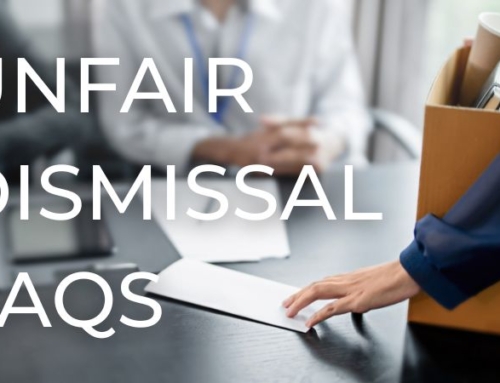When a couple with children separate it can be an extremely disruptive and difficult time for the family. Depending on the nature of the separation as to whether it is an amicable break up or not, it can also result in grandparents having limited access to their grandchildren and in some cases, not being allowed to see them at all.
In this article, we will take you through your legal rights, what options are available to you to gain access to your grandchildren and how we can help.
What legal rights does a grandparent have?
Grandparents are not legally entitled to contact with their grandchildren, unlike parents who usually have parental responsibility, including all rights, obligations, and responsibilities for that child. Therefore, unless there is a Court order in place, it is for the parents to decide who their children spend time with.
However, the Family Courts do appreciate the invaluable role that grandparents have in their grandchildren’s lives, and it is very rare that the Court would refuse a grandparent access to grandchildren unless there is clear evidence of violence or abuse or any other safeguarding concern.
What are your options?
If you are being refused contact with your grandchildren and unable to get access to them through an informal arrangement with the parents, you could apply to the Court for a Child Arrangements Order (formally known as a Contact Order) which, if granted, would allow you a legal right to see and spend time with them.
Before you can make an application for a Child Arrangement Order, you must first obtain permission from the court to make an application. The child’s mother, father or anyone with parental responsibility are not required to obtain permission before applying for a Court order. However, grandparents are not automatically entitled to apply for an order unless an exception applies. This includes, for example, if the child has lived with them for a period of at least a year immediately before making the application.
It is a requirement to attend mediation (unless an exemption applies), or other forms of non-court dispute resolution, before applying to the Family Court.
Obtaining permission from the Court
When seeking permission (known as the leave of the Court), the Court will consider the nature of the proposed application, the relationship between you and your grandchild, decide if your involvement is in the best interests of the child and whether there is any risk of the proposed application disrupting the child’s life to the extent that they would be harmed by it.
Once permission has been granted by the Court, you are then able to proceed with an application for a Child Arrangements Order.
Applying for a Child Arrangements Order
The application process can be stressful and upsetting and seeking legal representation at this point can be really useful. Our family law team can help you to complete the application and prepare the necessary paperwork for the Court hearing.
Once the Court receives all the relevant paperwork they will review and consider the case.
The Court will consider:
- Why an application has been made.
- What impact a child arrangements order may have on the family.
- Reasons why contact between the grandparents and grandchildren has been restricted or stopped altogether.
- Whether the child wants contact with their grandparents (the Court will consider the age of the child and their wishes and feelings)
- The best interests of the child
When the Court determines whether to make the Child Arrangements Order, the child’s welfare shall be the court’s paramount consideration.
When is a Special Guardianship Order required?
In certain circumstances, grandparents can also apply for a Special Guardianship Order that will give them parental responsibility and the right for their grandchildren to live with them as non-parents, in circumstances where the parents are unable to take care of the child and the child cannot live with their birth parents.
Similarly, if the child has been placed in the care of the local authority, grandparents can request to be involved in the decision making regarding the childcare and the child’s day-to-day needs, and whether they can become the child’s primary caregiver.
The Court will consider various factors when deciding whether to make a Special Guardianship Order, including but not limited to: the wishes and feelings of the child; the child’s emotional, physical and educational needs; the effect of any change in the child’s circumstances; the child’s age, sex or background; any harm the child has suffered or at risk of suffering; how capable the parents or any other person who is relevant is of meeting the child’s needs.
Help from Backhouse Solicitors
Our expert family law team understands that disputes involving children can be particularly upsetting and stressful. We will help you through the process by providing you with the right legal advice and guidance. We can discuss your options in a free 30-min appointment, contact our friendly team using the information below.
Tel: 01245 893400
Email: info@backhouse-solicitors.co.uk
Visit: 17 Duke Street, Chelmsford, CM1 1JU
Or send us a message through the Contact Us page on this website.






